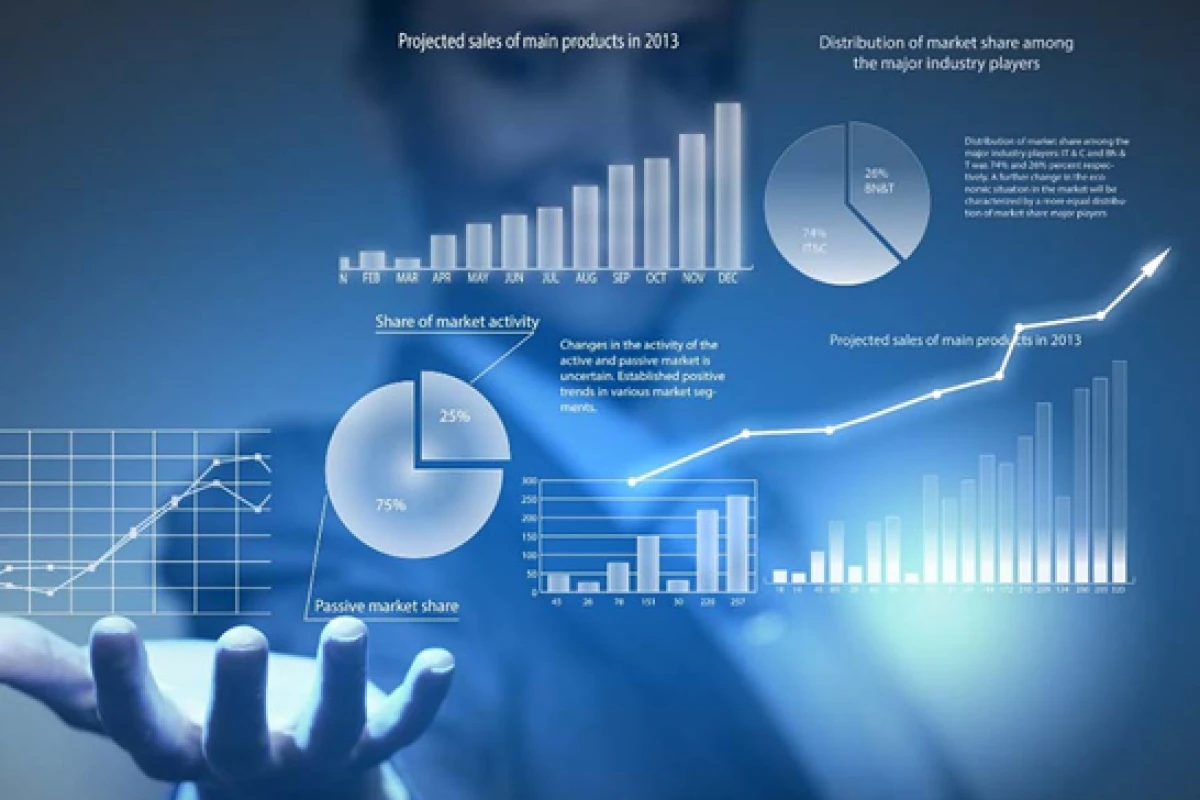How Data Analytics Transforms Modern Business

1. Predicting Market Trends and Adapting Strategies
The modern market changes faster than ever. Through data analytics, businesses can anticipate market shifts and adapt strategies accordingly. For example, machine learning helps reveal hidden trends in consumer behavior, allowing for early adjustments to marketing campaigns.
- Example: A supermarket chain uses analytics to forecast sales and prepare for seasonal demand shifts.
- Benefit: Avoiding excess stock and shortages, improving customer service.
2. Personalizing Customer Experiences
Modern consumers expect personalized approaches, and data analytics is key here. By collecting and analyzing customer data, companies can segment their audience and offer what they truly need.
- Example: A streaming service recommends content based on a user’s viewing history, increasing the likelihood of re-engagement.
- Benefit: Boosting customer loyalty and extending average product usage time.
3. Optimizing Business Processes and Reducing Costs
Data analytics allows companies to assess and optimize internal processes, identifying bottlenecks in the supply chain, cutting costs, and maximizing resource use.
- Example: A manufacturing company uses analytics to reduce production line downtime.
- Benefit: Lower operational costs and increased efficiency.
4. Risk Forecasting and Management
Risk is an inherent part of business, but data analytics helps predict risks and minimize their impact. For instance, banks use analytics to evaluate customers' creditworthiness, reducing the likelihood of bad loans.
- Example: An e-commerce company analyzes purchase history and payment behavior to detect potential fraudulent transactions.
- Benefit: Preventing financial loss and enhancing security.
5. Enhancing Marketing Strategies
Marketing becomes more effective when based on real data. With analytics, companies can assess ad campaign effectiveness, analyze audience responses, and optimize ad spending in real-time.
- Example: A clothing brand uses social media analytics to understand audience response to new products and adjust its advertising strategy.
- Benefit: Increasing marketing ROI and boosting conversion rates.
6. Making Informed Decisions
Data-driven decision-making helps businesses not only achieve their goals but also avoid decisions that could have negative consequences. Analytics allow determining the most profitable growth strategies.
- Example: A retail company uses analytics to choose the location of a new store based on demographic data and competitor activity.
- Benefit: Risk minimization and long-term results.

Alt Season Potential
